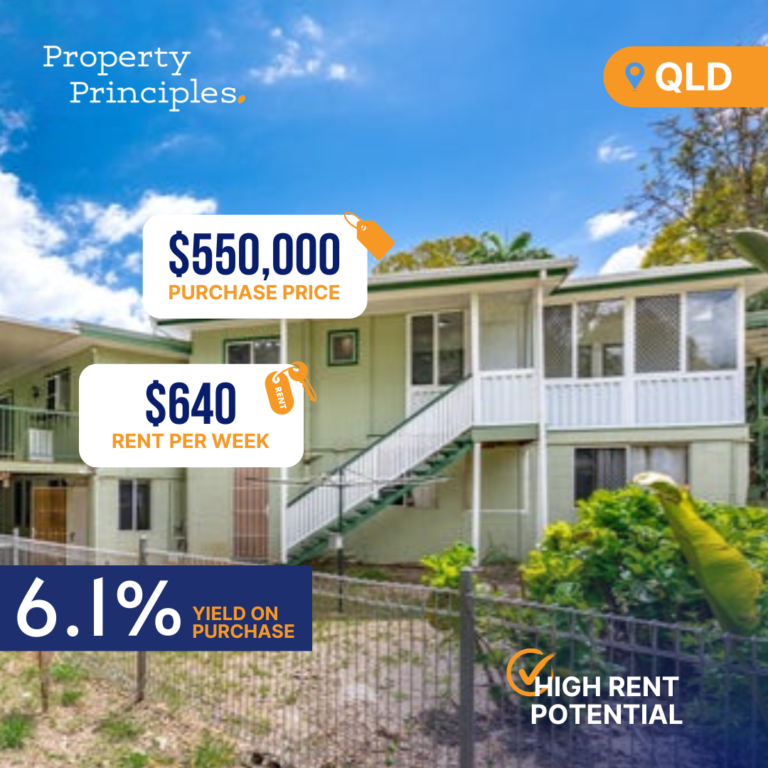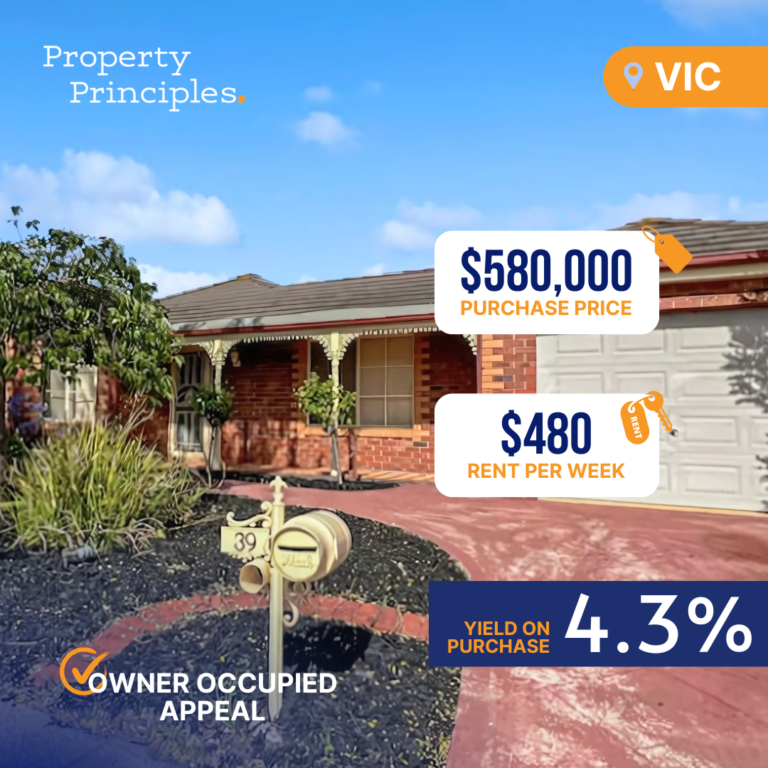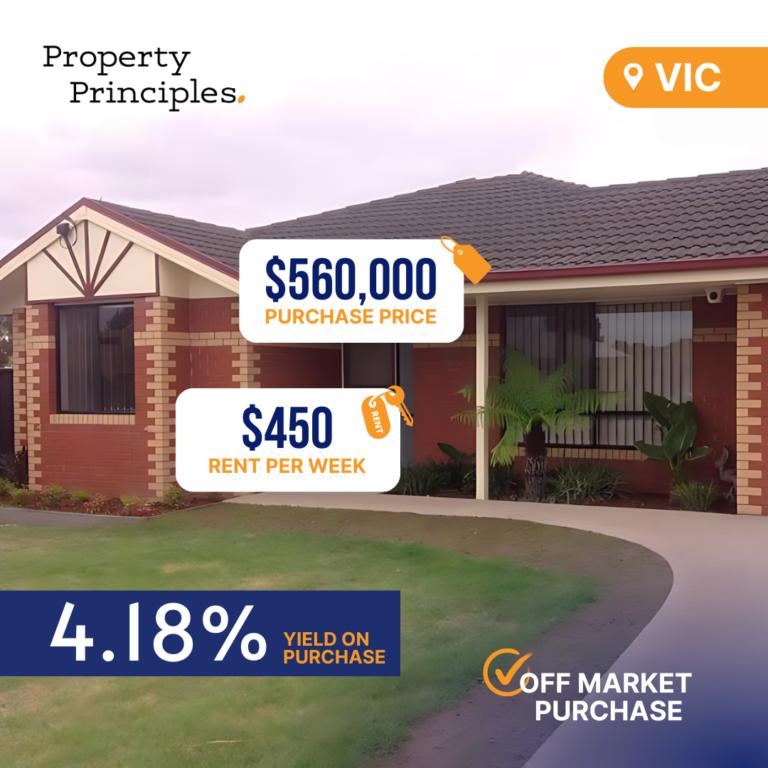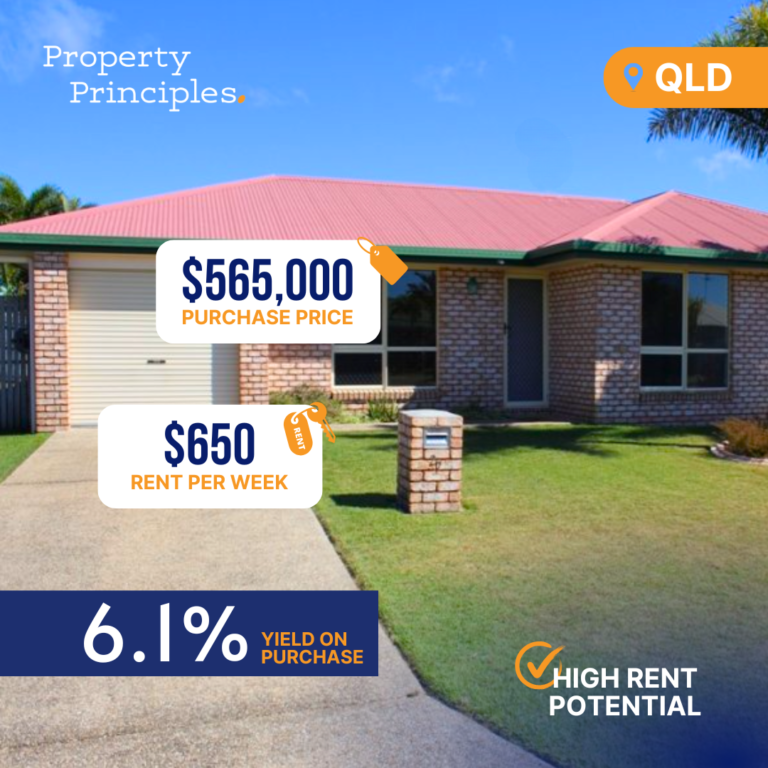The government’s long-awaited housing affordability package is set to introduce planning reforms that focus on limiting urban sprawl and increasing housing density in middle suburbs. These reforms aim to provide renters with increased protection, leading to the consideration of rental caps and limiting landlords to a single rent hike every two years. Currently, most cases only require a 12-month limit.
A “tourist tax” on short-term rentals like Airbnb has also been explored in an effort to alleviate the rental crisis. Various rental cap models are being examined, which include the system in place in the Australian Capital Territory. This model states that landlords cannot raise rent by over 10% above the Consumer Price Index without regulatory approval.
However, the Real Estate Institute of Victoria’s CEO, Quentin Kilian, warned that rental caps could lead to disastrous long-term effects, as it may result in a loss of rental properties. According to Kilian, the bigger issue is supply rather than rental caps, and the departure from the rental market of rental providers could lead to further homelessness.
Despite this, Tenants Victoria CEO Jennifer Beveridge expressed strong support for capping rent increases and limiting the frequency of rent hikes. Beveridge shared stories of renters facing substantial rent increases of 20%, 30%, 50%, and even 100% in some cases, which adds an unbearable weight to those already struggling with the cost of living.
Emma King, CEO of the Victorian Council of Social Service, also supported rent cap models similar to the ACT’s, where landlords must acquire approval before increasing rent above CPI. Rent controls should be combined with an influx of new housing to ensure the quality of properties does not decline, says Michael Fotheringham, managing director at the Australian Housing and Urban Research Institute. Fotheringham emphasized the importance of having adequate renter protection when it comes to the quality and timeliness of property repairs.
However, Opposition Leader John Pesutto accused the government of devising policy ideas on-the-fly to divert public attention after the Commonwealth Games’ cancellation. Pesutto stated that rent caps may discourage investment and housing supply, possibly leading to higher rents due to less housing availability.
Greens’ renters’ rights spokesperson, Gabrielle de Vietri, welcomed the government’s consideration of rent controls, alongside an immediate rent freeze, short-stay regulations, and a stronger vacancy tax.
In summary, the government’s housing affordability package will not only strive to restrict urban sprawl and enhance housing density in middle suburbs but also establish reforms that better protect renters. However, these reforms have been met with both support and concern from various stakeholders. It remains to be seen what the final outcome will be, but one thing is for sure; the conversation surrounding renters’ rights and housing affordability is only gaining momentum.












